It seems everyone is talking about gut health these days. Of course, if it’s better for gut health, it’s got to be good for you. So here are 20 of the best foods for gut health that will help you feel better fast.
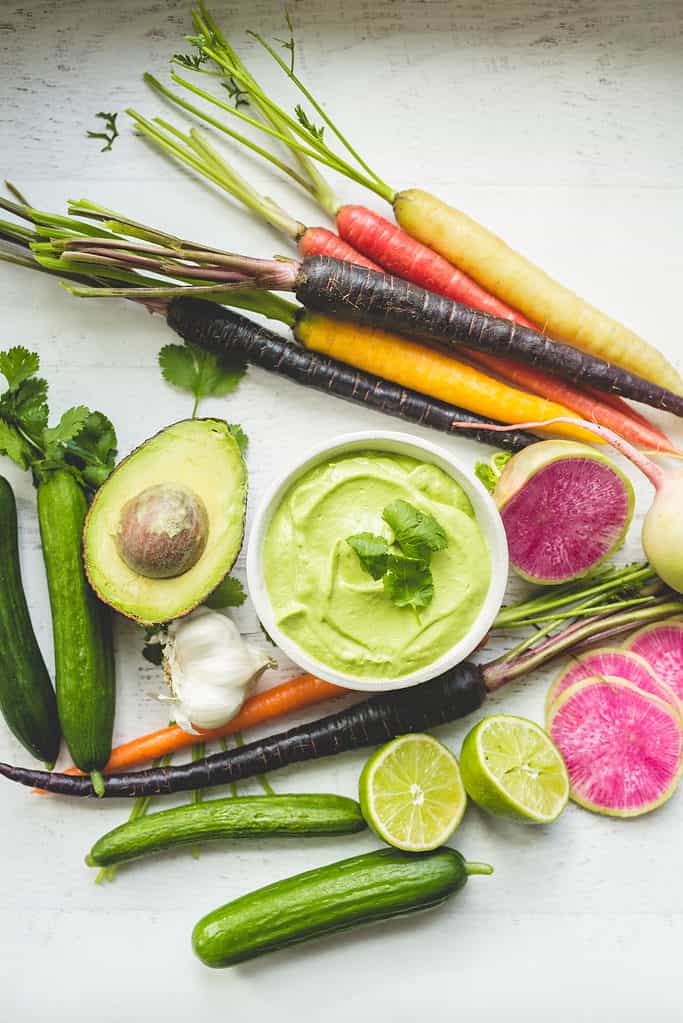
Best Foods for Gut Health
Not All Carbohydrates Are Created Equal.
1. No processed carbohydrates.
Take care to consume whole-grain carbohydrate sources every day and legumes at least two days a week. Whole wheat bread, bulgur, oats, chickpeas, dried beans, and kidney beans increase bowel movements thanks to their high fiber content and accelerate the passage of digested food residues through the large intestine.
The formation of harmful bacteria halts because toxic elements do not stay in the large intestine for a long time, and the continuity of healthy intestinal flora remains.
Probiotics Are Your Friend.
2. Kefir
Kefir; thanks to the probiotics it contains, it has an essential effect on the protection of intestinal health. Probiotic foods contain bacteria friendly to our intestines; regulating the flora ensures the proper functioning of the intestine and prevents the reabsorption of toxic substances. If you are not allergic or intolerant to dairy products, it is helpful to consume 200 ml (1 cup) every day.
Typical Simple Food for Gut Health
3. Yogurt.
Yogurt, vibrant food in terms of friendly bacteria, regulates the digestive system thanks to the live microorganisms (probiotics) it contains and protects against many diseases such as constipation, diarrhea, and immune system diseases. So do not forget to consume at least one cup of yogurt a day.
A Tasty, Healthy Probiotic-rich Snack
4. Pickles
Pickles are also a good probiotic and protect the gut flora thanks to the beneficial bacteria it contains. It accelerates the passage of stool through the intestines. It thus supports a healthy digestive system thanks to its high fiber content.
However, although it is rich in probiotics and pickles due to their high sodium content, it should be consumed in a controlled manner by people with blood pressure, diabetes, cardiovascular diseases, or stomach diseases.
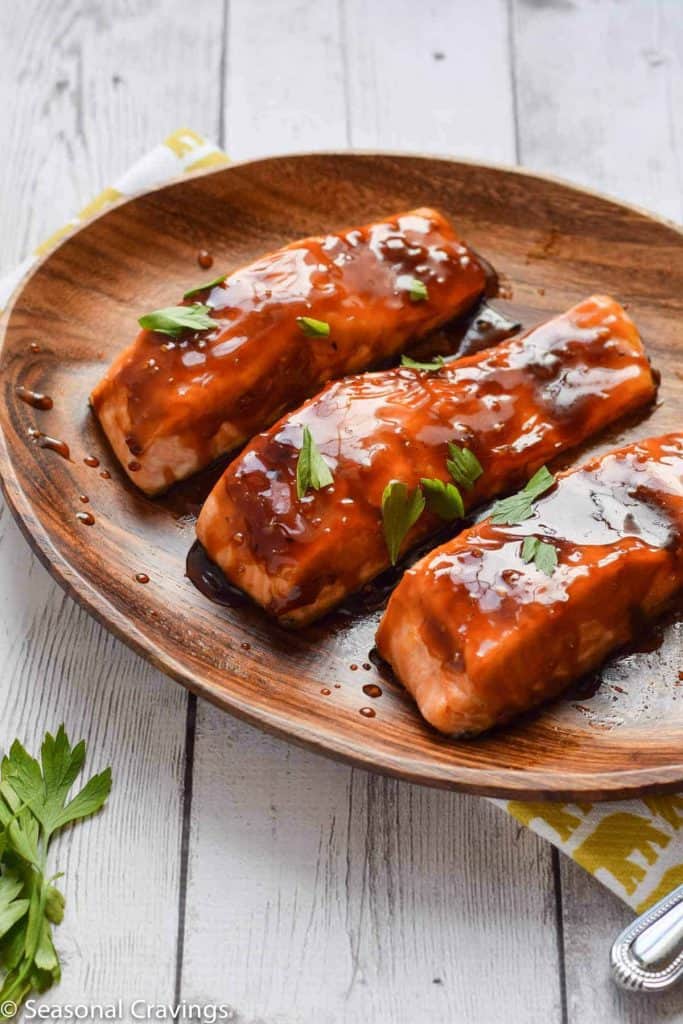
Get Your Daily Dose of Omega 3’s
5. Omega 3’s
Omega 3’s can also support friendly bacteria. Omega 3’s increase the number of friendly bacteria in the body and thus creates a healthy intestinal flora. Do not forget to consume your daily dose of omega 3’s. One of the richest sources of omega 3’s are walnuts and salmon.
Another Reason To Eat Your Dark Leafy Greens
6. Leafy Vegetables
Don’t forget leafy vegs such as spinach. Another food that is good for the intestines is spinach. The type of sugar found in dark green leafy vegetables, such as spinach and kale, helps increase the number of beneficial bacteria in our intestines. An enzyme released by beneficial bacteria enables the bacteria to use the sugar in green leafy vegetables such as spinach as an energy source.
In other words, it plays a role in increasing the number of bacteria and regulating our flora by feeding the bacteria that are friendly to our body.
Simply Delicious and So Healthy
7. Avocados
Avocados are high in insoluble fiber that retains water better. In addition, they contain essential nutrients, such as potassium, which helps promote healthy digestive function. It’s also a low-fructose food, so it’s less likely to cause bloating.
Prunes Are an Underrated Fruit.
8. Prunes
Prunes are essential to prevent constipation. They also contain less fructose, making them easier to tolerate and less likely to cause gas. In addition, you can regulate your bowel movements with prunes, which you will eat three or four times a day.
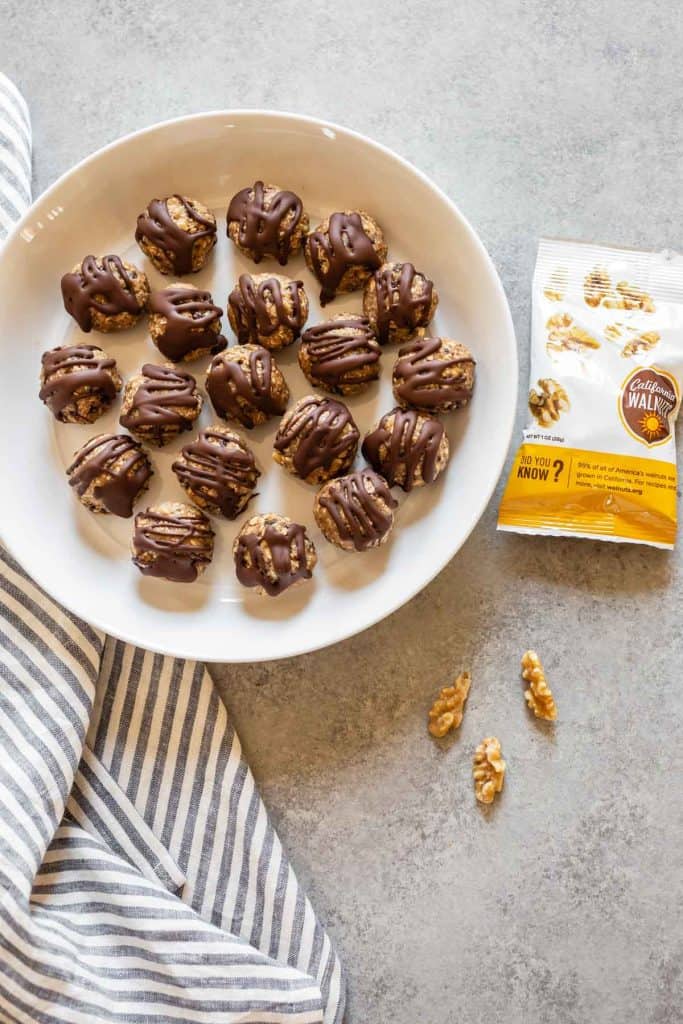
Yet Another Benefit of Coconut Oil.
9. Coconut
Coconut is among the best foods for Gut Health. Scientific studies in recent years emphasize that coconut oil makes the body less tired during digestion than long-chain fatty acids, which facilitate digestion thanks to the medium-chain fatty acids. In addition, it has anti-viral and anti-bacterial properties.
Thus, it has been shown in recent studies that it is protective against inflammatory bowel diseases by supporting the destruction of harmful organisms.
An Apple a Day Keeps the Doctor Away.
10. Apples
Apples have high nutritional properties, contributing to regulating the stomach and intestinal movements thanks to the soluble fibers it contains. Feeding with foods high in fiber is essential to ensure the healthy continuity of the flora. Do not forget to consume one apple every day.
Almonds Are a Friendly Crunchy, Healthy GI Tract Snack
11. almonds
Raw almonds are among the gut-friendly foods. A study published in 2016 determined a beneficial change in intestinal bacteria in children and adolescents who consumed almonds compared to those who did not consume almonds.
In addition, thanks to the fibers it contains, it has been revealed that it has positive effects on the intestinal microbiota and increases the number of beneficial intestinal bacteria by creating nutrients (prebiotics). A healthy microbiota means a healthy gut. Do not forget to consume 10-12 pieces of raw almonds every day, which are among the gut-friendly foods.
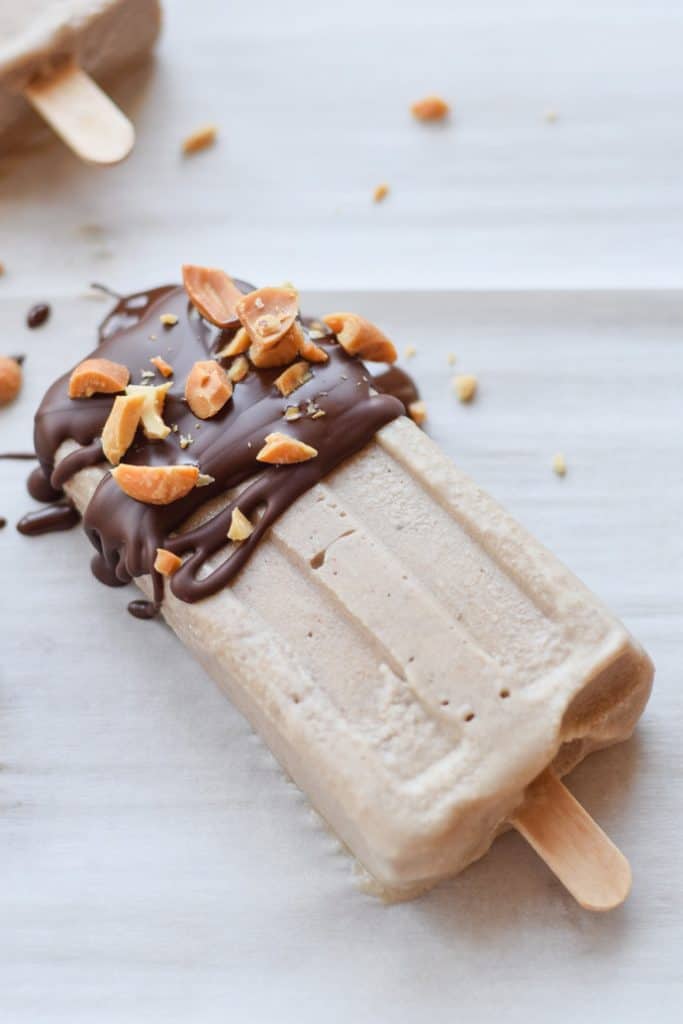
Don’t Forget Your Ripe Bananas.
12. Bananas
A regularly functioning digestive system is essential for healthy intestinal flora. Constipation and diarrhea disrupt the intestinal flora and decrease the number of beneficial bacteria in our intestines, causing malabsorption. Thanks to the fibers it contains, bananas regulate the digestive system and prevent conditions such as diarrhea or constipation.
If you have digestive problems or indigestion, make sure that the banana is ripe. Since unripe bananas are difficult to digest, they can increase indigestion and gas complaints. It’s easy to eat bananas; they can help replenish electrolytes like potassium, which help when you are sick with diarrhea or vomiting.
In addition, banana contains resistant starches (especially when using cooked, less-ripe green bananas) that can aid in gut healing.
Pineapple Is a Sweet Fruit.
13. Pineapple
Pineapple contains a significant amount of fiber associated with better digestion. In addition, pineapple contains a digestive enzyme called bromelain. This enzyme aids in the breakdown of proteins and digestion.


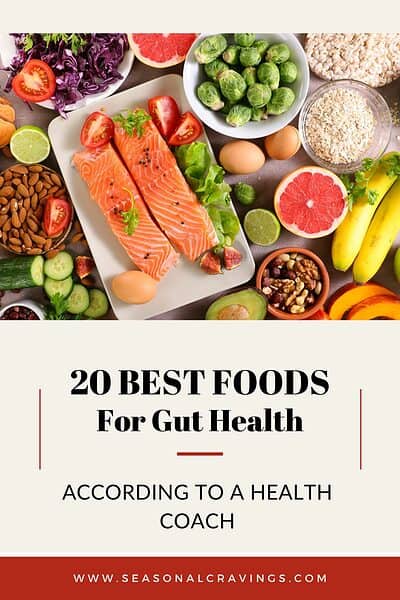


/assets/images/provider/photos/2672875.jpg)

More Stories
How to Use the Mindful Eating Hunger Scale
Is CBD Safe For Everyone?
50 Easy Whole30 Recipes · Seasonal Cravings